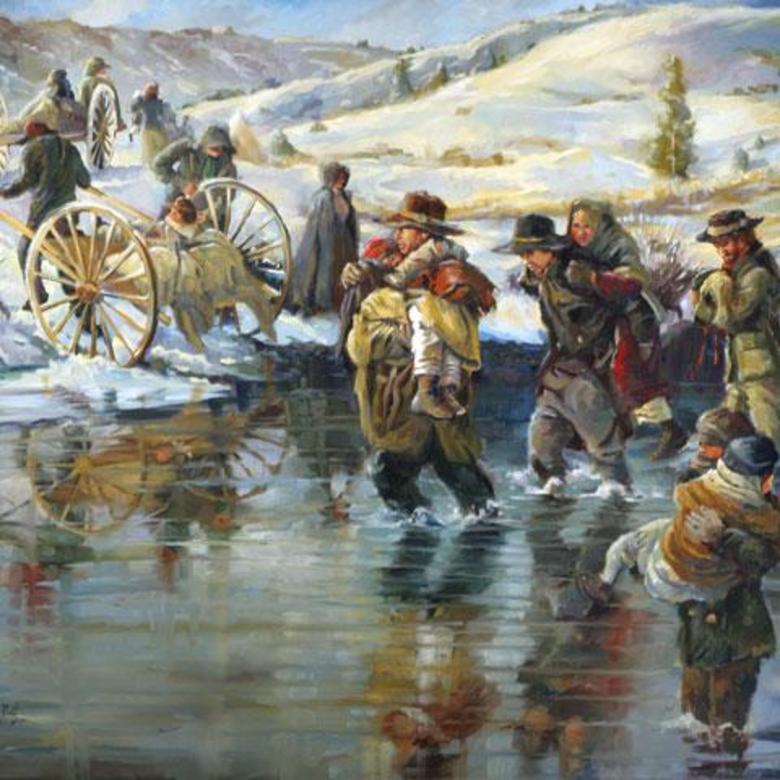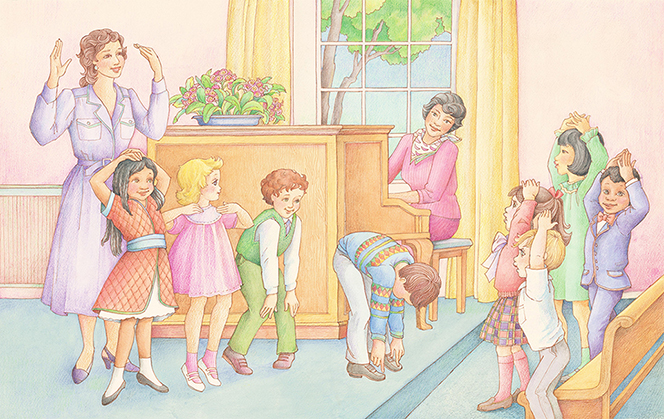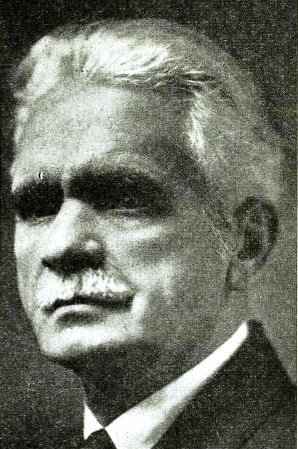
https://cdn.tinybuddha.com/wp-content/uploads/2015/06/Happy-Woman.jpg
It was recorded in John Chislett’s journal that the
Saints went from “grave to gay.” What was the occasion?
a. a. The Willie and
Martin Handcart companies entering the Salt Lake Valley
b. b. The leaving of
Johnston’s army from the Salt Lake Valley at the time of the Civil War
c. c. The seagulls
devouring the crickets
d. d. The arrival of
the rescue teams to the Willie handcart company
Yesterday’s
answer:
D Her dead
husband
October, 1856, Red Buttes, Martin Company, Elizabeth
Horrocks Jackson Kingsford: It will be
readily perceived that under such adverse circumstances I had become
despondent. I was six or seven thousand miles from my native land, in a wild,
rocky, mountain country, in a destitute condition, the ground covered with
snow, the water covered with ice, and I with three fatherless children with
scarcely nothing to protect them from the merciless storms. When I retired to
bed that night, being the 27th of Oct., I had a stunning revelation.
In my dream, my husband stood by me and said, “Cheer up, Elizabeth, deliverance
is at hand.” The dream was fulfilled.
Stewart E. Glazier and Robert S. Clark, Journey of the Trail (Salt Lake City:
The Church of Jesus Christ of Latter-day Saints, 1997), 62.









.jpg)

